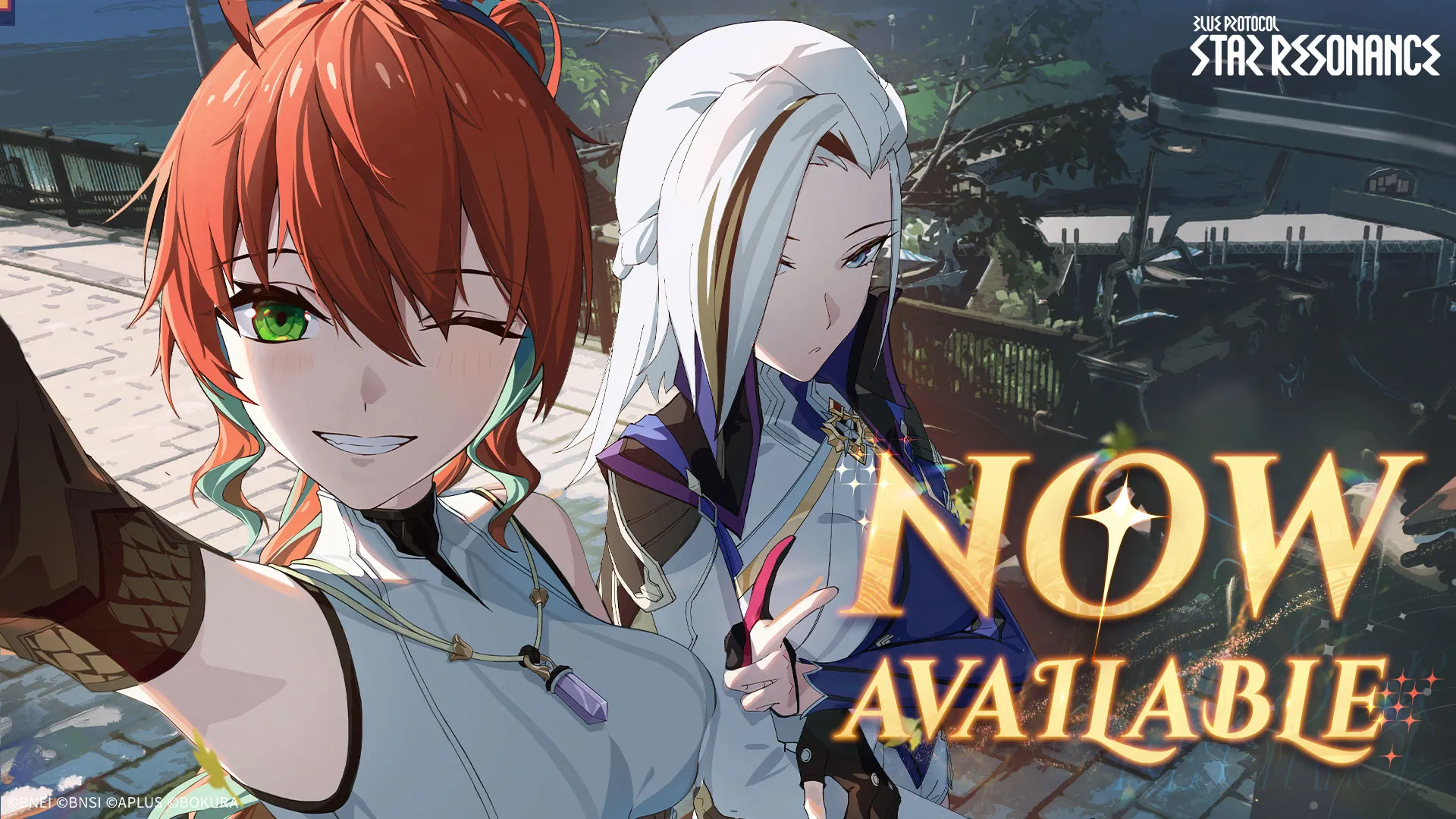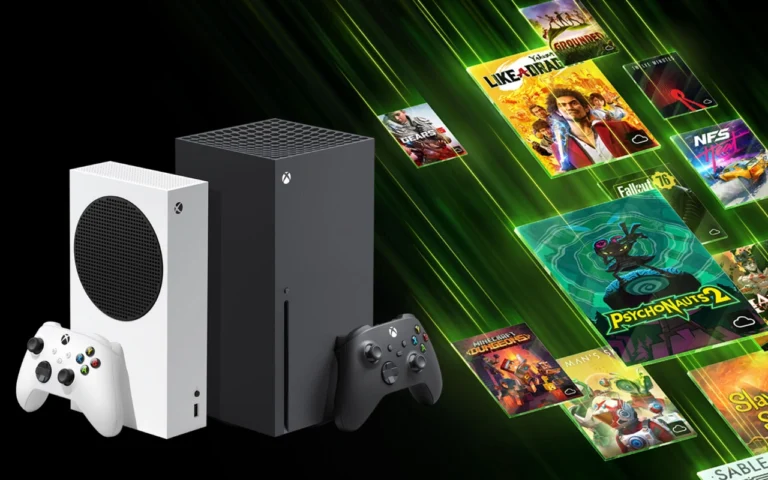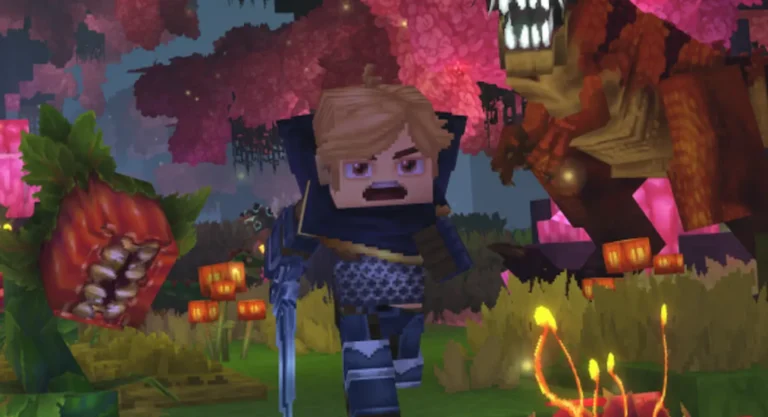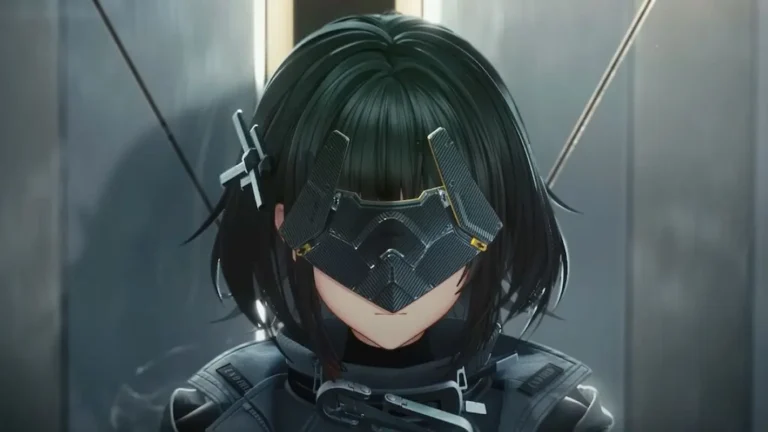Life Skills are one of the main ways to earn character progression materials for Blue Protocol: Star Resonance’s endgame. You’re not locked into just one or two professions. You can pick up as many Life Skills as you want, level them up, craft items, and so on.
The main thing holding you back is Focus, a resource that regenerates at a rate of 400 per day. Crafting and gathering are divided into two types:
- Basic: Doesn’t consume Focus and creates non-progression or cosmetic items. These give only a small amount of Life Skill XP.
- Focused: Consumes a set amount of Focus for each craft or gather, but rewards you with better materials, progression items, and a big chunk of Life Skill XP.
You can slowly level all your Life Skills through basic activities and weekly quests. But the real progress happens with Focus-based actions. Managing your daily Focus wisely is key. Choose which Life Skills to prioritize based on what gear or materials you need most.
You get 400 Focus restored automatically each day, but you can also recover an extra 100 Focus with a Focus Potion. You can grab up to eight of these potions for free each week from the Guild Shop.
Smelting
Smelting is one of the best Life Skills to invest in, no matter what kind of player you are. It lets you craft your own Refinement materials, something you’ll need a lot of throughout the game. Sure, you can get them from other sources, but crafting them yourself is by far the most reliable (and budget-friendly) option.
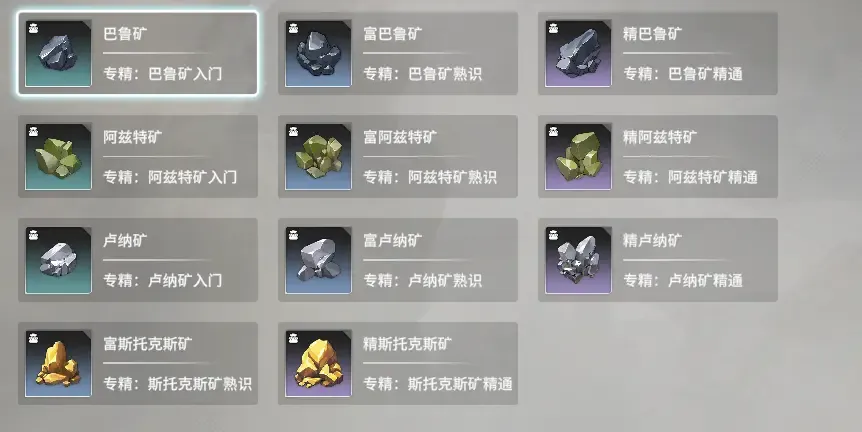
On top of basic refining materials, Smelting also lets you make Mech Shards, which are powerful consumables that boost your chances of a successful refinement. In the endgame, these shards are a big deal. Players chasing high refinement levels will always need them, keeping demand high.
Smelting also opens the door to crafting your own Strength-based armor and a range of metal weapons. The gear you make isn’t any weaker than what you’d get from other activities. The downside is that it costs resources to produce, unlike dungeon farming, which lets you grind gear for free.
Gemcrafting
Gemcrafting, much like Smelting, ties directly into one of BP: SR’s key endgame systems, Gem Embedding. It’s a valuable Life Skill, though not quite as essential as Smelting since players generally need fewer gems.
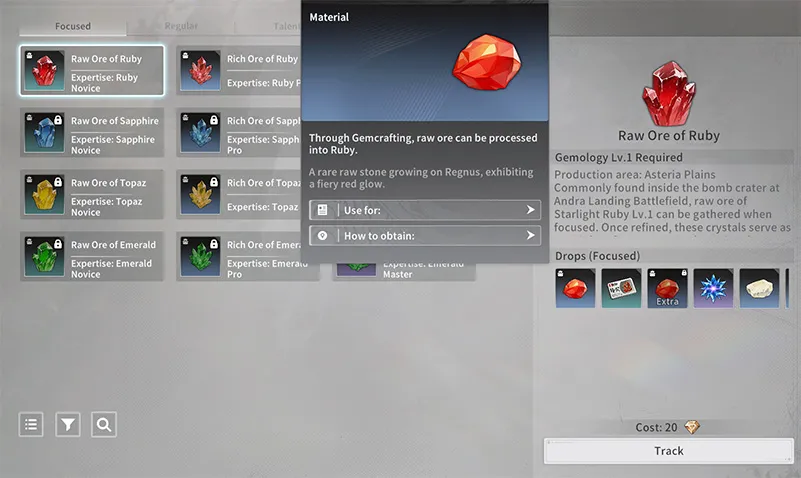
You can craft gems in multiple tiers, with higher levels demanding more materials but offering stronger stats. When embedding gems into gear, there’s also a chance for them to level up, sometimes even by two levels if you get lucky. This system pushes players to chase top-tier gear so they can make multiple embedding attempts.
Gemcrafting also lets you create jewelry of all attribute types, giving it great flexibility no matter what build you’re running. Like Smelting, the jewelry you craft is just as powerful as equivalent gear from other sources. It just comes down to whether you want to spend the materials or farm it elsewhere.
Gemology
Gemology is all about harvesting raw minerals from gemstone veins scattered throughout the open world. These nodes respawn infinitely, and you can easily track them down using the game’s tracking feature.
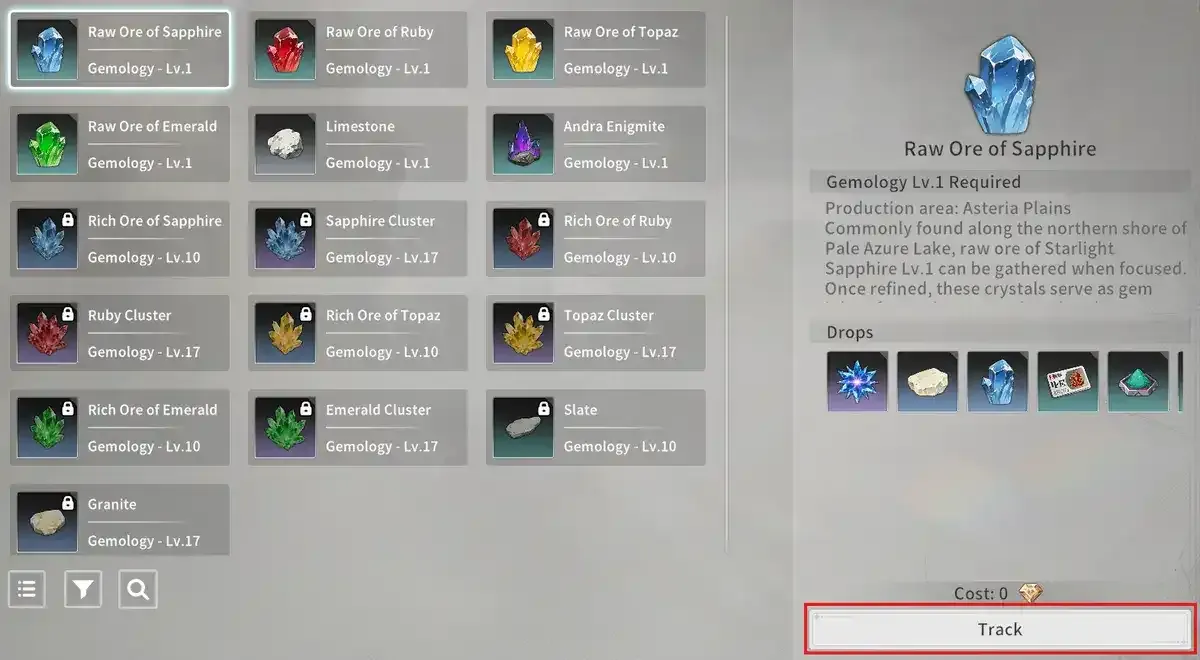
Most Focus-based gems you gather are meant for Gemcrafting, either for embedding into gear or crafting wearable jewelry. That said, you’ll also pick up some general-use materials and Engram Dust along the way. These are not game-changing, but handy enough to keep.
Gemology is mainly for players who want to farm their own Gemcrafting materials or convert extra Focus into items they can sell on the Trade House. It’s a solid support Life Skill if you want to stay self-sufficient or make a little in-game profit.
Mineralogy
Mineralogy is all about hitting the overworld to mine nodes that respawn endlessly. You can find these nodes in set locations and track them using the Mineralogy tab in your Life Skills menu.
When you spend Focus on mining, most of the resources you gather feed directly into Smelting. But you’ll also pick up some more common, broadly usable materials. Occasionally, you may snag Engram Dust, an untradable resource used in crafting gear and furniture.
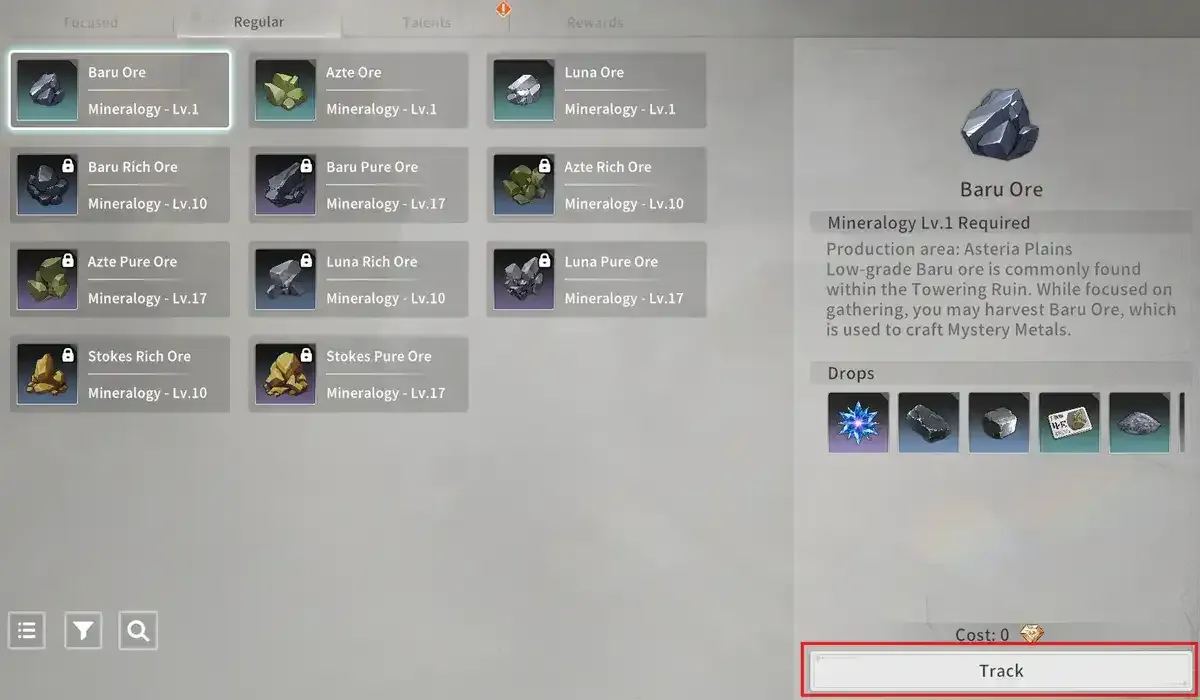
Mineralogy is a must if you plan to focus on Smelting. But it’s also a solid Focus sink if you want to turn extra Focus into Luno via the Trade House. It’s simple, reliable, and keeps your crafting pipeline flowing.
Culinary
Culinary is one of two combat-consumable Life Skills and lets you cook up food that grants serious combat bonuses. These buffs are essential for endgame content. So even if you’re not cooking yourself, chances are you’ll be buying dishes from someone who is.
Cooking also comes with a rarity upgrade system, giving you a chance to improve the quality of your dishes. Higher rarity meals pack bigger bonuses and sell for a premium. One standout example is the Cheer-Up Treat, which lets the consumer triple-clear rewards in the next Chaotic Realm dungeon. This is a huge efficiency boost for players chasing top stats. Crafting these treats isn’t easy, though, as they require 14 rare materials from Botany, specifically Kiwi.
Culinary is also unique because the dishes it produces can use Focus transferred between characters via Homestead shared storage. This lets you cook using another character’s Focus instead of your own, bypassing the Trade House entirely. This is perfect for friend groups or players managing multiple alts.
Weaving
Weaving is a bit different from other crafting Life Skills: it doesn’t directly boost your character’s power in the same way. Instead, it focuses on spending Focus to craft dyes, letting you or others customize the look of your gear.
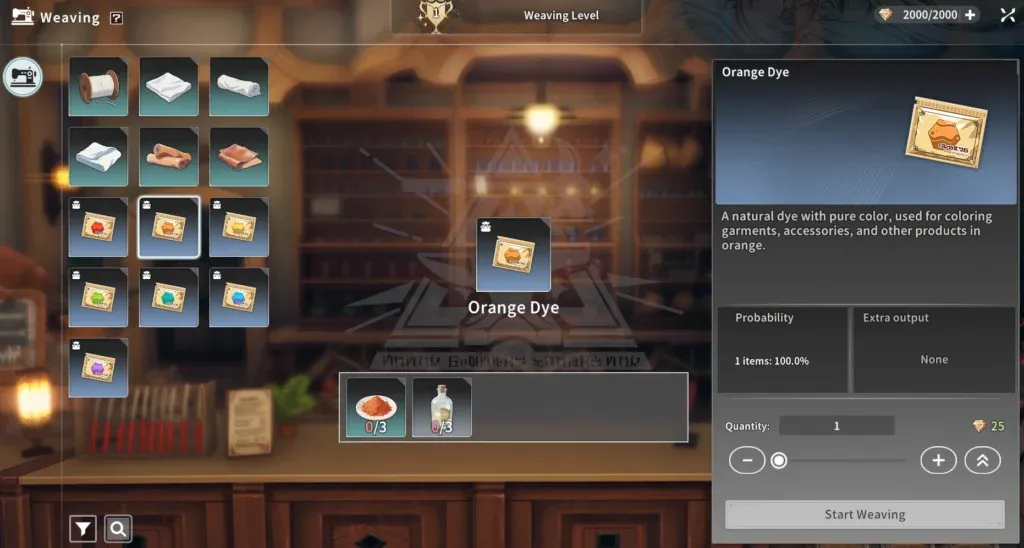
That said, Weaving isn’t just cosmetics. It’s also the source for Intelligence and Agility-based main slot gear, as well as Talismans for all three attributes. Beyond that, it produces a wide range of homestead decorations and stylish cosmetics, making it a must for players who enjoy “nice stuff” and personalization.
Most of Weaving’s materials come from Botany, making it a natural companion for players looking to pursue tailoring without relying on the Trade House. You’ll also need leather and hides from Hunting, because, well, how else are you getting your materials?
Artisanry
Artisanry is more of a support Life Skill than a main focus, mainly crafting components used by other Life Skills. It’s particularly helpful for Smelting (via Burning Powder) and Gemcrafting (via Gem Wax). If you’re diving into either of those, Artisanry is a convenient complement. The main advantage is that you’lle no longer need constant trips to the Trade House for materials.
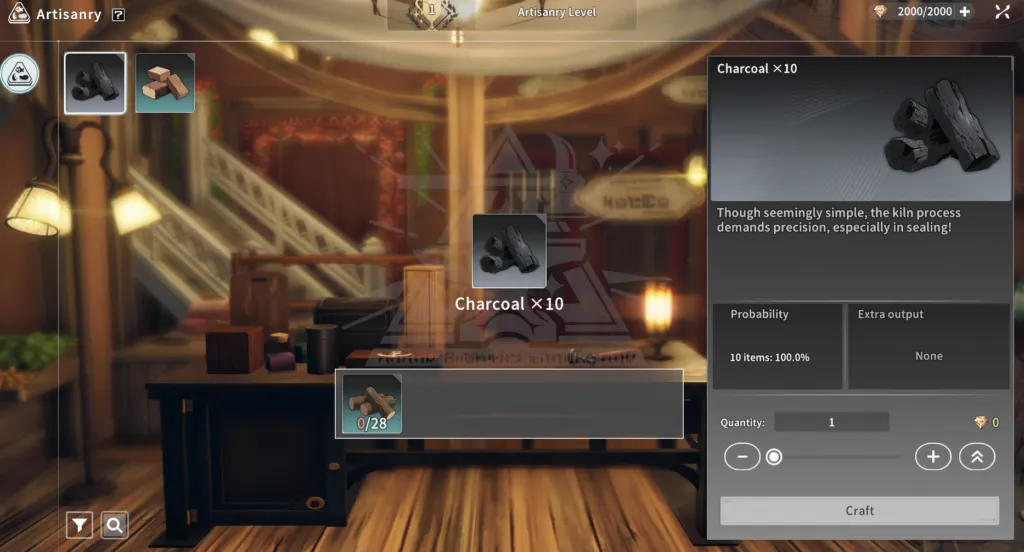
Even if you’re just leveling it on the side, Artisanry eventually unlocks some really cool furniture for your Homestead, giving you a long-term payoff beyond its crafting utility.
Alchemy
Alchemy is the second consumable-focused Life Skill, and it stacks perfectly with Culinary. This means you can use one food and one potion at the same time. Its main products are Serums (offensive consumables) and Drops (defensive), both of which are heavily used in endgame content. Like food, these consumables come in various qualities, with a chance to upgrade each craft.
Alchemy also produces healing consumables, handy for topping off teammates or keeping yourself alive when no healer is around.
Beyond consumables, Alchemy can craft Arcane and Knowledge Conversion Potions, letting players convert Sigils and Advancement Tomes from one class or role to another at Milia in the Asterleeds Pioneer Bureau. This is perfect for turning bound items from unused roles into additional power for your main class.
The main ingredients are elemental shards, which drop from World Bosses, elites in the overworld, or can be bought from vendors like Cuthbert in Asterleeds. You’ll also need a variety of materials from Botany, making it a natural pairing for players focused on Alchemy.
Like Culinary, Alchemy’s consumables are transferable via Homestead shared storage, letting friends or alt characters share items without touching the Trade House.
Botany
Botany has you roaming the overworld to gather herbs, fungi, and fruits from infinitely respawning nodes, which you can track via the Botany tab in your Life Skills menu.
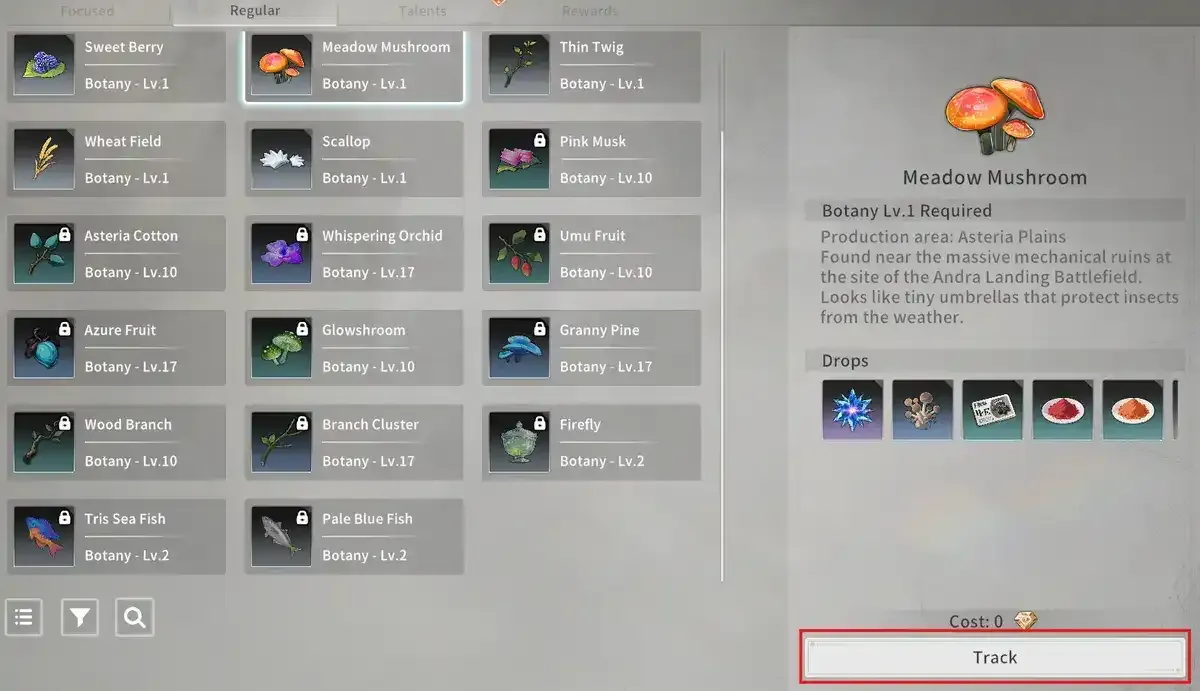
Materials from Botany are used across the widest range of Life Skills, but they’re especially valuable for Culinary, Alchemy, and Weaving, making Botany a high-priority pick for anyone focusing on those skills. Like Mineralogy, each gather also carries a chance to yield Engram Dust, useful in crafting gear and furniture.
Spending Focus while gathering can also net rare materials, including Kiwi and Tokiwa Grass, depending on the node. These are key ingredients for the Cheer-Up Treat and Conversion Potions, and can either be crafted or sold on the Trade House for extra Luno.
Life Skills in Blue Protocol: Star Resonance aren’t just side activities: they’re a core part of progression, customization, and endgame efficiency. Whether you’re crafting powerful gear, cooking buffs for tough dungeons, or gathering rare materials to fuel your favorite skills, there’s something for every type of player. Mastering the right Life Skills not only boosts your own power but can also create valuable opportunities in the Trade House or among friends. So plan your Focus wisely based on your needs!
